BTEC L2 Sport Award
Curriculum overview for BTEC Level 1/2 Technical Award in Sport
Curriculum intent – the knowledge, understanding and skills that students will learn
The BTEC Level 1/Level 2 Technical Award in Sport is for students who want to acquire sector-specific applied knowledge and skills through vocational contexts by exploring the different types and providers of sport and physical activity and the equipment and technology available for participation as part of their Key Stage 4 learning. They will also explore the different types of participant and their needs in order to gain an understanding of how to increase participation for others in sport and physical activity and further develop their knowledge and understanding of anatomy and physiology. Students will undertake practical sessions to develop skills in planning and delivering sports activity sessions to participants.
Curriculum implementation – teaching, learning and assessment strategies
Learners are required to complete and achieve three components in the qualification: Component 1 - Preparing participants to take part in sport and physical activity; Component 2 - Taking part and improving other participants’ sporting performance; Component 3 - Developing fitness to improve other participants performance in sport and physical activity. The three components focus on the assessment of applied knowledge, skills and practices. These are all essential to developing a basis for progression and, therefore, students need to achieve all components in order to achieve the qualification. The components are interrelated and they are best seen as part of an integrated whole rather than as totally distinct study areas. Components 1 and 2 are assessed through non-exam internal assessment, enabling students to demonstrate application of conceptual knowledge through realistic tasks and activities. This style of assessment promotes deep learning through ensuring the connection between knowledge and practice. The components focus on: the different types of physical activity and providers; the needs of participants; and barriers to participation and ways to overcome these barriers. Equipment and technology required to take part in sport is also included. Students will also develop an applied understanding of physiology and anatomy as they learn how to plan and deliver a warm-up to prepare participants to take part in sport and physical activity: the components of fitness and how they are used in different types of sport; practical participation in sport and the rules and regulations in sport and ways to improve other participants’ sporting performance through planning and delivery of sports drills and conditioned practices.
There is one external assessment, Component 3, which provides the main synoptic assessment for the qualification. Component 3 builds directly on Components 1 and 2 and enables learning to be brought together and related to a real-life situation. The external assessment is based on a written assessment that require learners to demonstrate that they can identify and use effectively an appropriate selection of skills, techniques, concepts, theories and knowledge from across the whole qualification in an integrated way. The external assessment takes the form of an external assessment taken under supervised conditions, which is then marked and a grade awarded by Pearson.
Curriculum impact – intended outcomes for students
The BTEC Technical Sport qualification enables students to develop their sector-specific skills, such as sport analysis and sports leadership, using realistic vocational contexts, and personal skills, such as communication, planning, time management and teamwork through a practical and skills-based approach to learning and assessment. The qualification recognises the value of learning skills, knowledge and vocational attributes to complement GCSEs. The study of the qualification as part of Key Stage 4 learning will help students to make more informed choices for further learning, either generally or in this sector. The choices that students can make post-16 will depend on their overall level of attainment and their performance in the qualification. Students who generally achieve at Level 2 in the qualification might consider progression to: A Levels as preparation for entry to higher education in a range of subjects; study of a vocational qualification at Level 3, such as a BTEC National in Sport (2016) or a BTEC National in Sport and Exercise Science (2016), which prepares students to enter employment or apprenticeships, or to move on to higher education by studying a degree in the Sport Sciences or teaching sectors.
Course overview for BTEC Tech Award Sport Level 1/2
Exam board: Pearson - Specification - Pearson BTEC Level 1/Level 2 Tech Award in Sport 2022 Issue 3
Coursework: Yes - 60%
Component 1: Preparing participants to take part in sport and physical activity
Task 1: Increasing participation in regular sport or physical activity for different types of sports participants (Part 1) Learning outcome A: Explore types and provision of sport and physical activity for different types of participant
Task 2: Equipment and technology required for participants to use when taking part in sport and physical activity Learning outcome B: Examine equipment and technology required for participants to use when taking part in sport and physical activity
Task 3: Preparing participants to take part in sport and physical activity – Part 1 Learning outcome C: Be able to prepare participants to take part in sport and physical activity
Component 2: Taking part and improving other participants’ sporting performance
Task 1: Components of fitness
Task 2: Participating in sport
Task 3: Officiating in sport
Task 4: Improving participants’ sporting skill (written) & Improving participants’ sporting skill (video)
Component 3: Developing fitness to improve other participants’ performance in sport and physical activity
Exam: 40% of the qualification
AO1 Demonstrate knowledge of facts, components of fitness, fitness tests, training methods/processes/principles in relation to improving fitness in sport and exercise
AO2 Demonstrate an understanding of facts, components of fitness, fitness tests, training methods/processes/principles in relation to improving fitness in sport and exercise
AO3 Apply an understanding of facts, components of fitness, fitness tests, training methods/processes/principles in relation to improving fitness in sport and exercise
AO4 Make connections with concepts, facts, components of fitness, fitness tests, training methods/processes/principles in relation to improving fitness in sport and exercise
